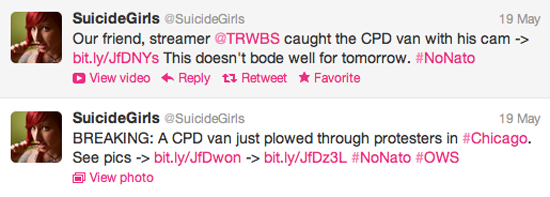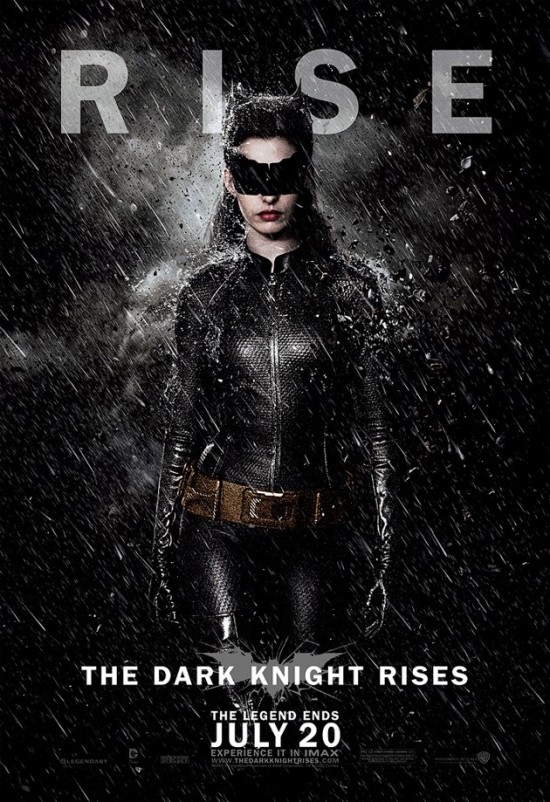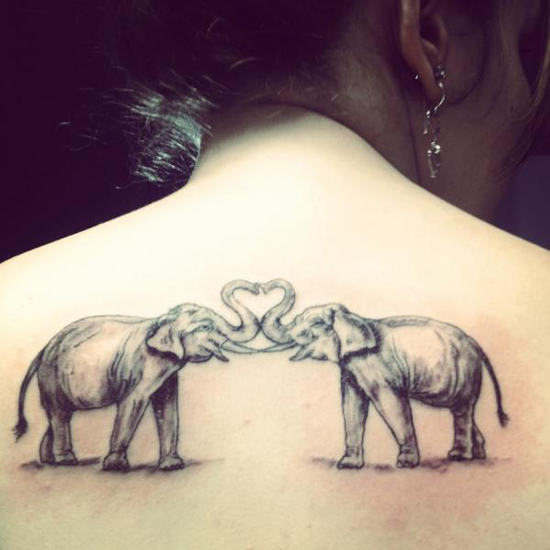by Steven Whitney
The long, agonizing, and often unintentionally hilarious Republican debates – the multi-network reality show that ran more first-run episodes than most network series – are finally over. And the one thing you have to grant early loser Rick Perry, the second successive mentally-challenged Governor of Texas, is that he never once claimed that “What three cabinet departments would you eliminate?” was a gotcha question.
While one can hope his restraint was the beginning of a new Republican trend, all evidence points in the other direction. Egged on by Fox (Not Really the) News and an almost complete lack of facts supporting their delusional positions, Republican candidates of all stripes – those running for local and state offices, and those aspiring to the House, Senate, and Presidential chambers – will be forced to campaign on lies, made-up fantasies, wild accusations, and, yes, outrageous whining and crocodile tears (or should we call them elephant tears?) when asked “gotcha” questions, especially when the gotcha is not a gotcha at all.
So where did the gotcha question come from?
Early in the 20th century, the gotcha question grew internationally popular through the fictional mysteries of Agatha Christie and Erle Stanley Gardner (Perry Mason). Said well-plotted gotchas always resolved the complex story at the climactic moment, freeing the innocent and/or condemning the guilty.
Before long, police detectives across America were encouraged to manipulate frightened, confused, exhausted, and unwitting suspects through a series of questions that would eventually lead to a self-incriminating answer.
So, too did trial attorneys on both sides strive for the most dramatic gotcha moments to impress upon juries the defendants’ innocence or guilt.
Then came the historic 1966 Miranda Decision, in which the Supreme Court restored suspects’ constitutional rights (to remain silent, etc.) by reaffirming the 4th and 5th Amendments. With attorneys now in the interrogation room, it became almost impossible to ensnare suspects into gotcha statements. Indeed, fearing accidental gotchas, most attorneys advised their clients to “shut the fuck up,” and gotchas became largely ineffective as a law enforcement tool.
Spying opportunity, and not bound by legal restraints, the press jumped feet first into the gotcha arena which – with the Cold War, the RFK and MLK assassinations, Vietnam, the Pentagon Papers, global student uprisings, and so much more – ushered in the glory years of investigative journalism. Indeed, Watergate provided perhaps the most famous gotcha question of all: What did he know and when did he know it?
With modern journalism’s mandate to make the news as well as report it, gotcha scenarios expanded exponentially, becoming the coup de grâce of political reportage – the gotcha moment of Muskie crying, the gotcha photo of Dukakis’ tank helmet, the gotcha forensics of a semen stain on Monica Lewinsky’s skirt. The victims were mostly Democrats, wounded by a relentless gotcha strategy employed by the Republican machine (and well-funded by the 1%)…and yet, I never heard a Democrat complain about a gotcha.
That was left to ill-informed Republicans, who bitched and moaned about every relevant question they could not answer while accusing the so-called liberal media of gotcha journalism.
But after the Supreme Court installed Bush and Cheney into the Executive Office, Republicans hit upon a unique solution to hide their cluelessness. If you asked a tough question, or even one they simply didn’t like, you were denied access and, worse, had to “earn” your way back into their so-called “circle of trust.” If a reporter on a political beat does not have or cannot get access to insiders, the news organization has no choice but to install a new reporter who can get access. The new Republican policy was: ask a tough question, you risk your job, your health insurance, your house, everything. So when the counselor at the Midnight Mission wonders how you became homeless and riddled with pox, you can only say: “I asked Dick Cheney what was discussed at his secret meeting with oil executives on May 31, 2001.”
But now that Republicans once again need the media, they’re reluctantly submitting to media debates and interviews. And their awful whining is about to hit fever pitch.
So let’s define it. A gotcha question is one that leads inescapably to a self-incriminating or self-defeating answer. While there may be many forms of gotchas, they are designed almost solely to trap, or corner, or “get” the target.
At the same time, gotcha questions are fair as long as they fall within one unspoken rule of honest journalism – that questions must arise from the real actions, thoughts, promises, and platforms of the person being questioned.
Here, as examples, are some legitimate questions based on the words and actions of some prominent right-wingers.
To Rick Santorum (and other Evangelical candidates): Like Abraham, if you heard God order you to kill your eldest child as a proof of your faith, what would you do?
To Supreme Court Justice Samuel Alito: If you were speaking from the bench at a Court proceeding and one of the attorneys stood up and yelled “Liar!”…would that constitute Contempt of Court?
To any Republican running for office: Why is your pledge to Grover Norquist more sacred than your oath of office?
To Mitt Romney: Why are you on both sides of every important issue?
Given these real gotchas…really, how tough is “What do you read?”
Here’s a rule of thumb: anyone whining about a tough but legitimate question must be asked just one follow-up question: are you smarter than a 5th Grader? If you aren’t, you shouldn’t be running for any office, not even dogcatcher.
Gotcha!
[..]































